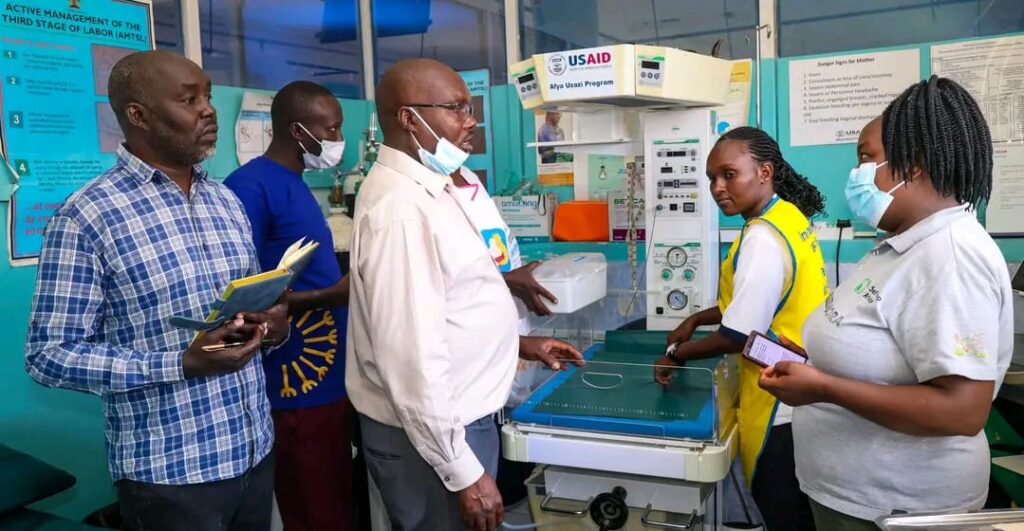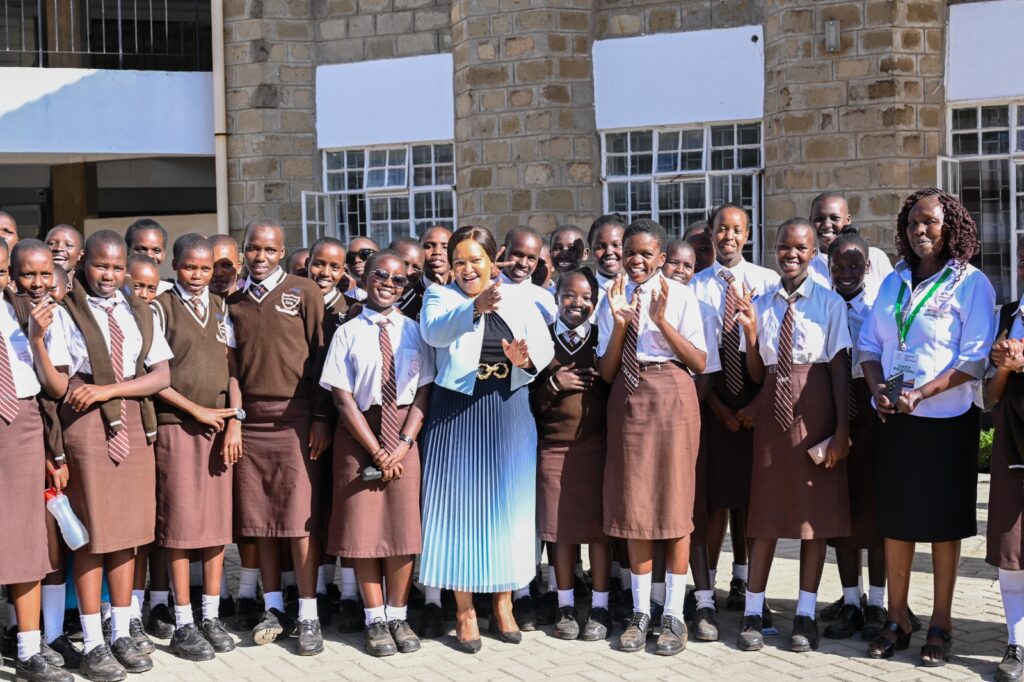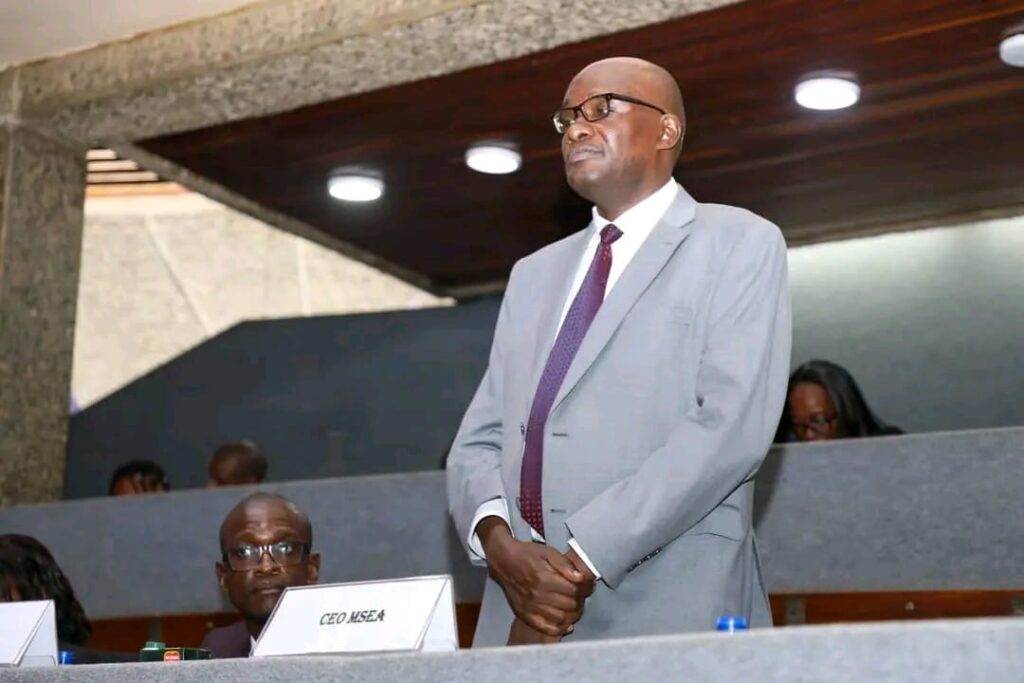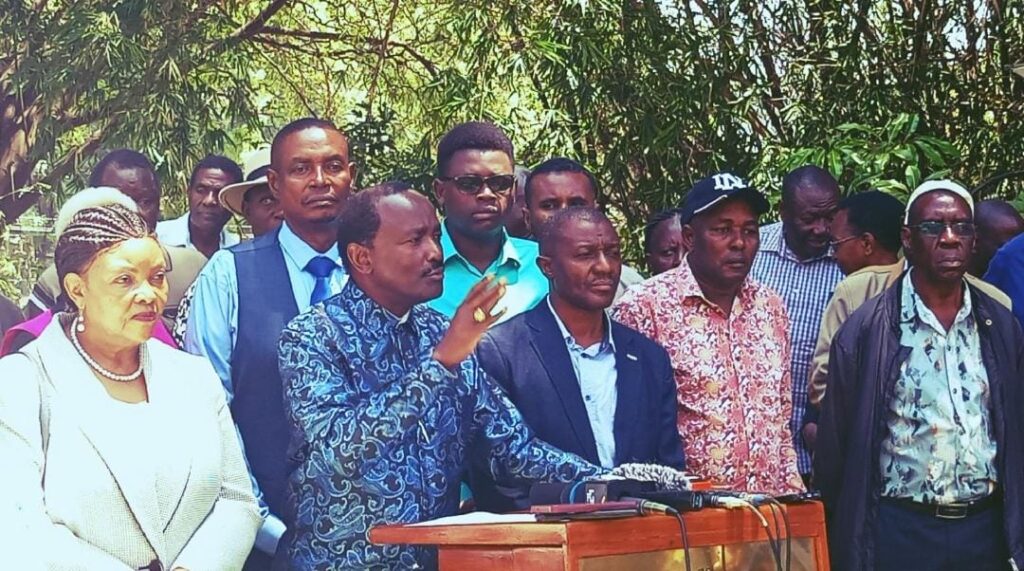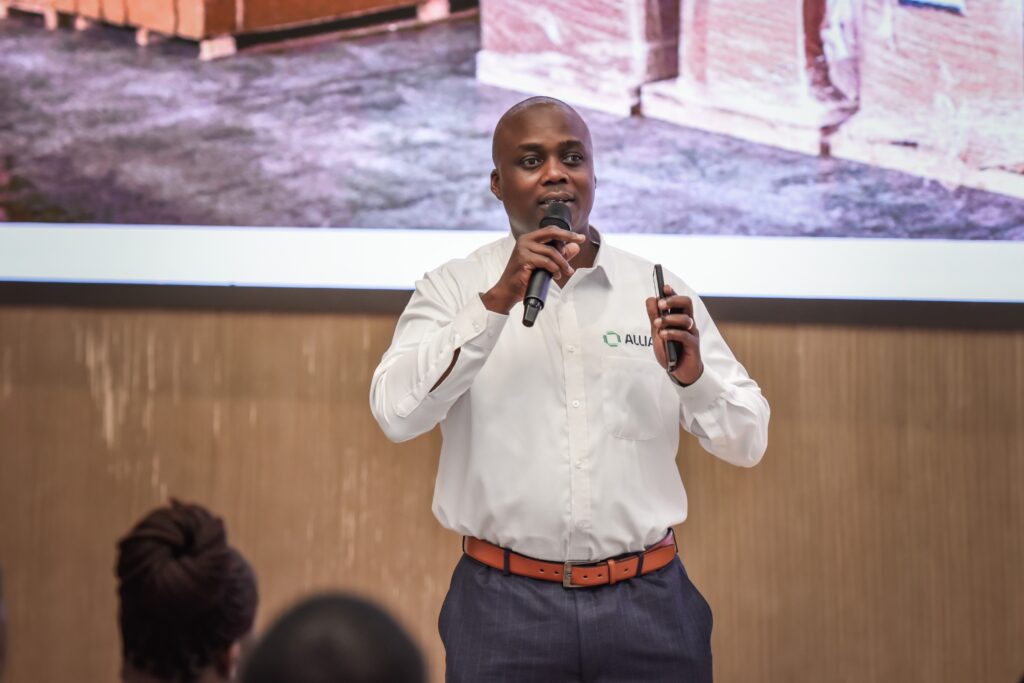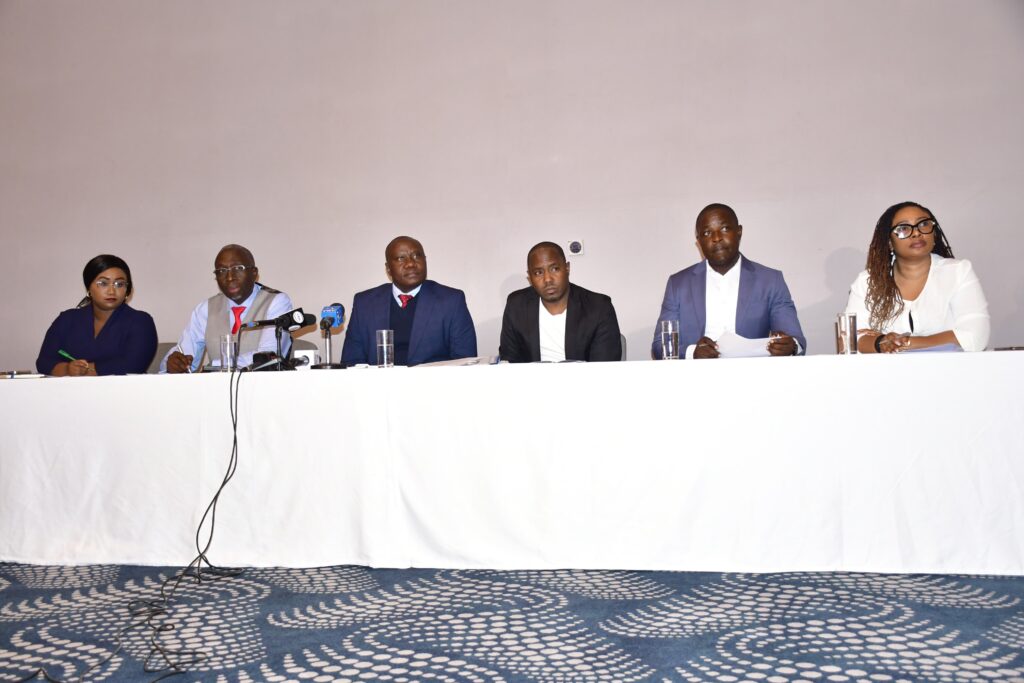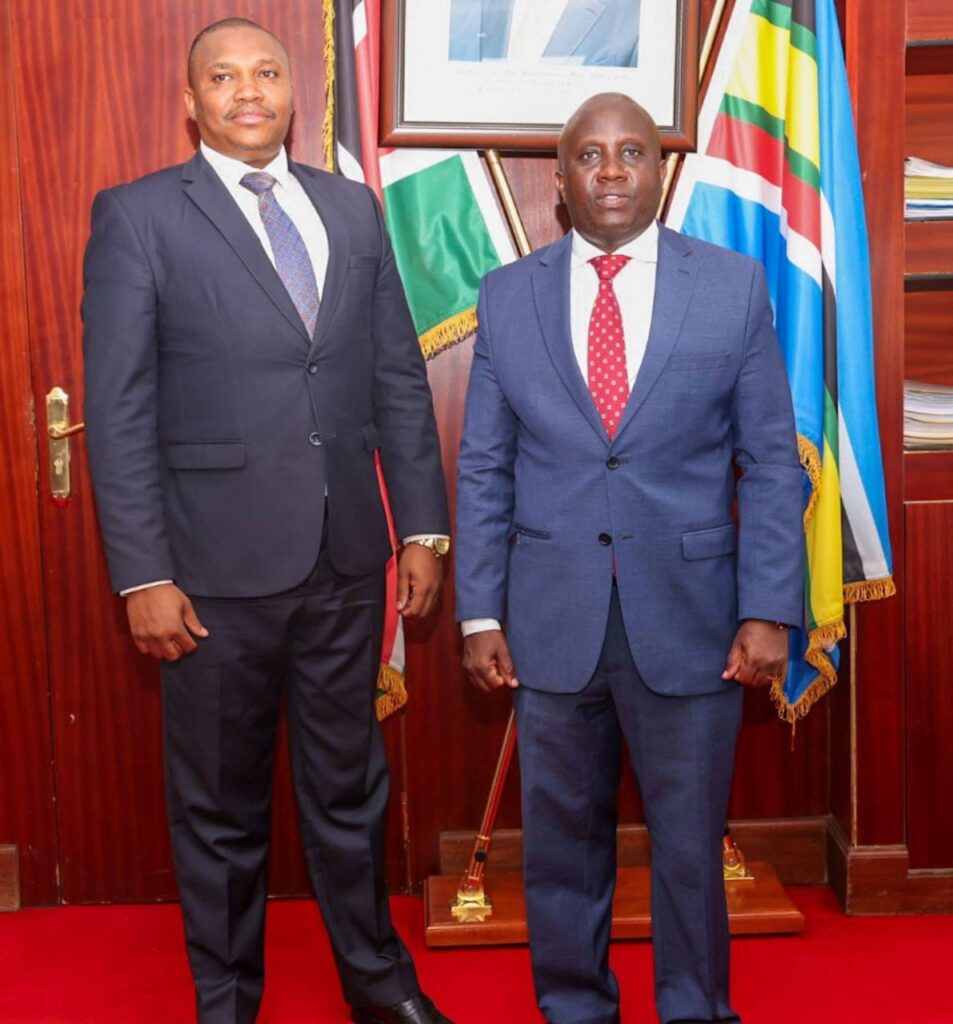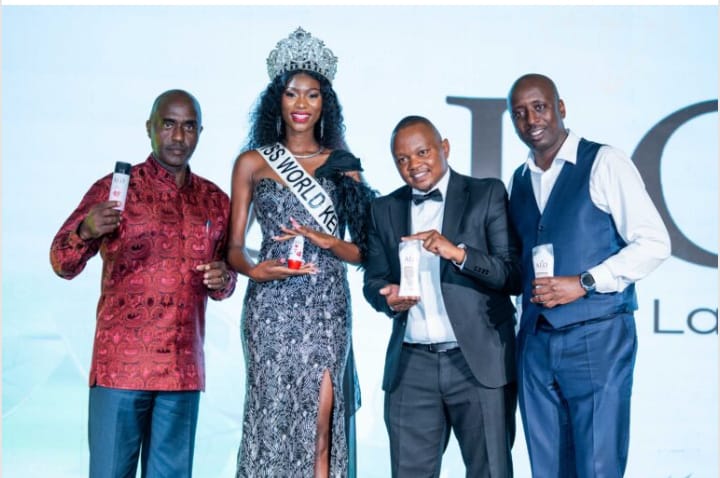
By Judith Mwai
Tropikal Brands Afrika Introduces ALO: A New Era of Natural Skincare with Locally Sourced Ingredients
Nairobi, Kenya – Leading consumer goods manufacturer Tropikal Brands Afrika Ltd has officially launched ALO, a premium skincare and hygiene range designed to meet the growing demand for natural, sustainable personal care products.
With a USD 3 million investment, the company has introduced a carefully curated product line that includes Body Lotions, Shower Gels, Body Sprays, and Roll-Ons, each formulated with natural ingredients to enhance skin health and hygiene.
Speaking at the launch, Tropikal Brands Afrika Managing Director, Mr. Davis Mukuria, emphasized the company’s commitment to sustainability, innovation, and local economic empowerment.
“The ALO range marks a significant milestone in our mission to deliver superior, nature-inspired personal care solutions. We take pride in offering products that not only nourish and protect the skin but also support local farmers and promote ethical ingredient sourcing.”
A standout feature of the ALO range is its Goat Milk-enriched Body Lotions, formulated in collaboration with over 500 Kenyan farmers. Rich in natural lactic acid, goat milk gently exfoliates and hydrates the skin, ensuring a soft, radiant glow. Additionally, the ALO Aluminum-Free Deodorants provide 48-hour freshness, prioritizing both skin health and environmental safety.
Tropikal Brands Afrika’s Head of Commercial, Mr. Simon Kabue, reaffirmed the company’s dedication to local sourcing and value addition, highlighting its role in driving economic growth and job creation within Kenya’s agricultural and manufacturing sectors.
Kenya’s personal care market is projected to reach USD 1.29 billion in 2024, with a 4.90% annual growth rate (2025-2030), according to Statista. This rising consumer interest in natural and organic products aligns perfectly with ALO’s mission to offer high-quality, eco-conscious skincare solutions.
“At Tropikal Brands Afrika, innovation is at the core of everything we do. We are committed to continuously enhancing our products to meet evolving consumer needs while fostering economic empowerment through local manufacturing,” Mr. Mukuria concluded.
With the launch of ALO, Tropikal Brands Afrika Ltd is redefining skincare standards in Africa, proving that nature, quality, and sustainability can go hand in hand for a healthier, more radiant beauty experience.

